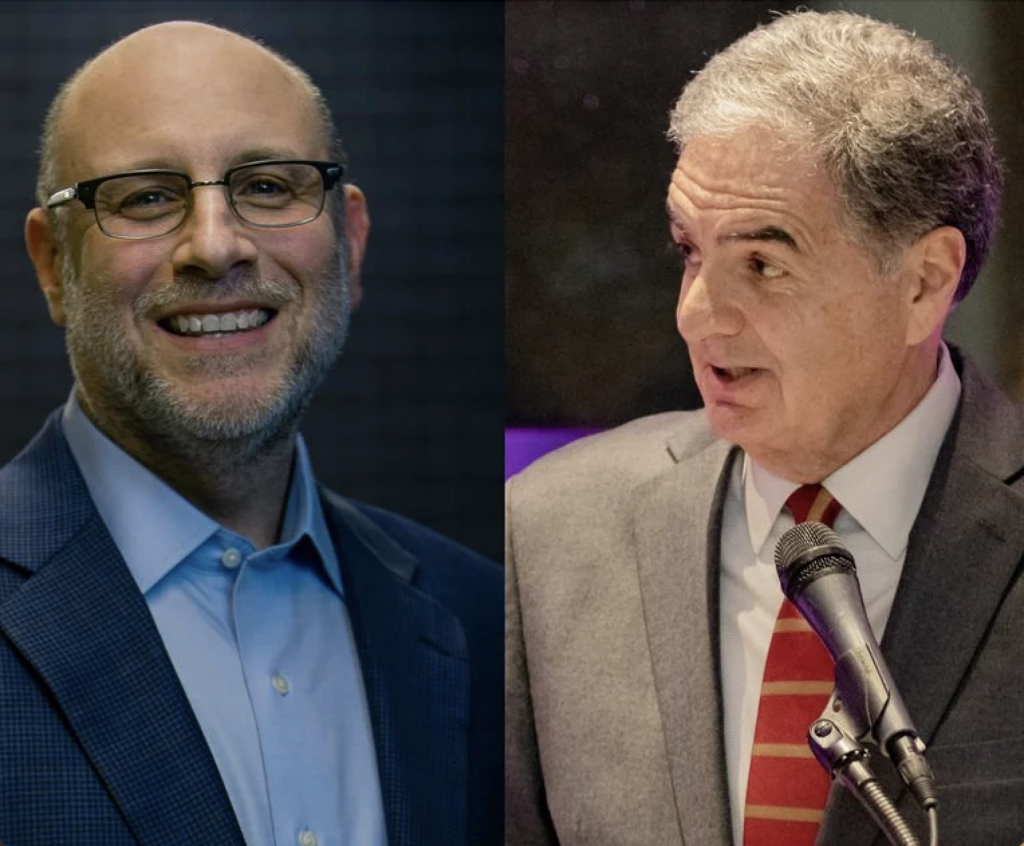Op-Ed: The United States Supreme Court and Judicial Ethics

by Joseph Belluck & Robert Tembeckjian
Originally published on Law.com • February 23, 2023
In February 2019, shortly after Brett M. Kavanaugh was confirmed as a justice of the United States Supreme Court despite serious allegations of sexual misconduct, numerous complaints against him were dismissed by a panel of judges without investigation, for two reasons.
First, although there is a binding code of ethics applicable to all lower federal court judges and all judges of the 50 states, the Supreme Court has never adopted such a code for itself. Thus, when Kavanaugh assumed his exalted new office, he was no longer subject to any promulgated ethical constraints.
Second, even if there were such a code, there is no mechanism to enforce it. There is no Inspector General or ethics-enforcement office for the federal judiciary, as there are in all the states.
There is only a diffuse system in which each judicial circuit handles complaints against its own judges and, not surprisingly, dismisses almost all of them.
Later in 2019, in testimony to Congress, Supreme Court Justices Samuel Alito and Elena Kagan said that Chief Justice John Roberts was studying the matter of a code of conduct for the justices of his court.
Yet despite the passage of nearly four years, in which alleged conflicts of interest have been raised about several of Roberts’ colleagues, there has been no action.Recent reports, in fact, have revealed that, rather than set an example as one might expect of the nation’s highest court on such an important issue, the nine justices of the Supreme Court continue to trail all others, unable to agree on a code of conduct for themselves.
Indeed, in his annual report to Congress in December 2022, Roberts made absolutely no mention of a conduct code. The report did not once use the word “ethics,” even though numerous alleged ethical breaches animated discussions about the court all year—from the early leak of its controversial abortion decision in Dobbs, to reports that its religious-exemption decision in Hobby Lobby was disclosed in advance to evangelical advocates, to claims that partisan or professional activities and affiliations of one spouse or another required the corresponding justice’s disqualification from certain cases.
Dithering on judicial ethics threatens to undermine public confidence in the integrity and independence of our nation’s premier court, the only one explicitly created in the Constitution. Opinion polls already signal a decline.
Recent polls and studies by Gallup and the Pew Research Center show disapproval of the court at historic lows. The court’s reluctance to act on an ethics code is mystifying, due at least in part to its failure to explain itself, leaving Congress and commentators to speculate. Adoption of an ethics code should be relatively easy.
The American Bar Association’s Model Code of Judicial Conduct has been adapted by all 50 states and is applicable to its trial and appellate courts, including each state’s highest tribunal. The ABA Model was also the basis for the Code of Conduct for United States Judges, applicable to all federal trial and appellate judges, except of course those on the Supreme Court.
While the Supreme Court’s unique status may present enforceability issues were one of its justices to engage in misconduct—only Congress may discipline a Supreme Court justice via the impeachment process—there is simply no reasonable argument for its avoidance of mandated ethical guidelines.
Even a viable and constitutionally sound enforcement model is easily imaginable. Congressional proposals for creation of a judicial inspector general have been introduced, and state judicial disciplinary commissions—composed of judges, lawyers and non-lawyer “public” members— have operated with great effect since the first one was established in California in 1960.
Either model could easily be adapted for the entire federal bench. And just as numerous state enforcement bodies have applied the code to and disciplined judges of their respective highest courts, so could a similar entity designed for the national bench.
A federal inspector general or a conduct commission could report to the appropriate committee of the Judicial Conference of the United States and, where appropriate, recommend public or private reprimands of trial and Circuit appellate judges.
They could similarly make such reports and recommendations to Congress as to Supreme Court justices whose ethical lapses may warrant censure or, in egregious situations, impeachment and removal proceedings.
What is not sustainable is continued, prolonged delay on what should be a proposition beyond debate: that the highest court in the land should demonstrate its commitment to judicial ethics by adopting and applying to itself a code of conduct like every other court in the country.
Joseph W. Belluck and Robert H. Tembeckjian are, respectively, the Chair and the Administrator of the New York State Commission on Judicial Conduct.




